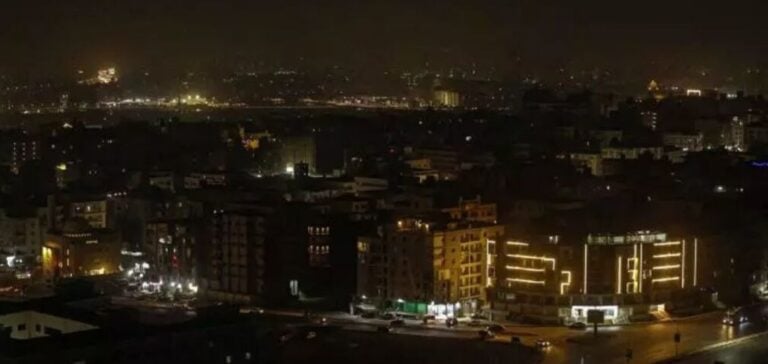Power cuts in Egypt, now an almost daily occurrence, are crippling the country in the midst of an intense heat wave. In an already fragile economic context, these interruptions exacerbate the population’s frustration. For the past year, energy and foreign currency shortages have forced the government to introduce planned load shedding, aggravating the feeling of energy insecurity in Egypt.
A devastating daily impact
In Aswan, where temperatures soar, power cuts can last up to four hours a day. “The lights go out and the water stops,” says Tarek, a local resident. The situation is even worse in the villages, where unplanned power cuts lead to loss of food and fatal heatstroke. In June, Aswan MP Riham Abdelnaby warned of dozens of deaths from heat exhaustion, calling for the region to be exempted from these cuts. The blackouts are also due to a shortage of natural gas in Egypt.
Anger and Reactions
The heatwave in June intensified the blackouts, putting Egyptians’ nerves to the test. Talk-show host Lamis al-Hadidi expressed the collective outrage, saying that “electricity is not a luxury, it’s a basic right”. The blackouts damage appliances and deprive residents of water and communications, raising questions about compensation for these losses.
Memories of the summer of 2013, when blackouts contributed to the downfall of Mohamed Morsi, revive mistrust of the current government. Today, these interruptions are affecting a country plunged into an unprecedented economic crisis. Since 2022, the Egyptian pound has lost two-thirds of its value and inflation reached 40% last year.
Government apologies and outlook
Prime Minister Moustafa Madbouli tried to calm tempers by offering the government’s apologies, while announcing that the cuts would continue. He attributed the increase in blackouts to a problem at a gas field in a neighboring country, without naming it, and promised an end to the blackouts by the third week of July, although they are expected to resume in the autumn.
These measures have already had tragic consequences. In Aswan, around 40 heat-related deaths were reported in June. In Alexandria, a musician died when he fell down the shaft of an elevator that had broken down. Although residents plan their exits to avoid elevators, similar incidents have caused at least four deaths since last year.
The situation in Egypt underlines the urgent need for sustainable solutions to guarantee a stable energy supply. Temporary measures are no longer enough, and people expect concrete action to improve their daily lives and safety in these times of economic and climatic crisis.






















